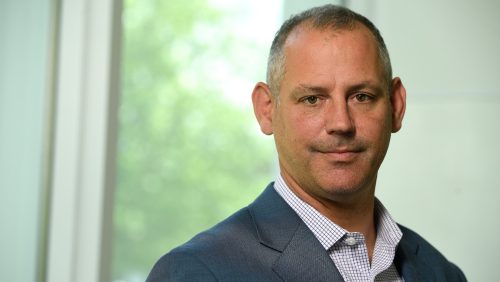Welcome to CS@JHU. I would like to take the start of 2024 to relate some news and highlights from the past year and discuss the future of our community.
2023 was an incredibly exciting year in the discipline as we learned to live, learn, teach, and research using large language models and other foundational artificial intelligence. AI can be a beneficial technology. At JHU, we use it to enhance doctor-patient interactions, design better surgical robotics methods, and build the most efficient multilingual models for machine translation. AI is also incredibly hazardous, capable of reinforcing stereotypes and racism, producing false and dangerous content, and supporting malicious actors in committing fraud, conducting cyberattacks, and practicing plagiarism. Our researchers have tackled critical questions in AI safety and reliability: How can we protect ourselves from AI generating of violent or offensive content? How do we ensure that AI produces factual responses that are grounded in observed data? How do we prevent AI from reinforcing racism and sexism?
CS@JHU remains at the forefront of innovation. I am proud to report that two JHU research teams earned spots on TIME’s Best Inventions of 2023: Professor Suchi Saria uses AI to predict the risk of sepsis before human clinicians can even observe symptoms, while recent PhD graduate Zhaoshou “Max” Li and Professors Mathias Unberath and Russell Taylor collaborated with NVIDIA to create a neural algorithm that reconstructs three-dimensional objects from smartphone videos.
We are also evolving how we conduct research and translate discoveries into practice, collaborating with industry partners to ensure that we’re working on the most important problems and that our solutions contribute value to society. The Amazon Initiative for Interactive AI gives fellowships to students and awards grants to faculty to work with Amazon researchers to better understand natural language, improve image-based web search, and enhance virtual commerce. We are also proud to work with Johns Hopkins Technology Ventures and the Pava Marie LaPere Center for Entrepreneurship to foster local entrepreneurship. Last year, we introduced the Singhal Family Entrepreneurship Award, which helps launch student-run software ventures.
The CS department continues to grow in size, quality, and diversity. Our community includes more than 700 undergraduate majors, 200 PhD students, 200 master’s students, 35 tenure-track faculty, and eight teaching faculty. Over the next five years, we plan to double the size of our research community as part of a historic commitment by JHU to build the nation’s foremost destination for research in data science, machine learning, and AI.
We encourage you to explore how you might participate in CS@JHU. Our website provides a good introduction to our research and education programs. I invite you to contact or visit us directly if you have additional questions, have a vision of how to join or partner with us, or just want to learn more.
Randal Burns, Bill and Lisa Stromberg Department Head and professor of computer science
